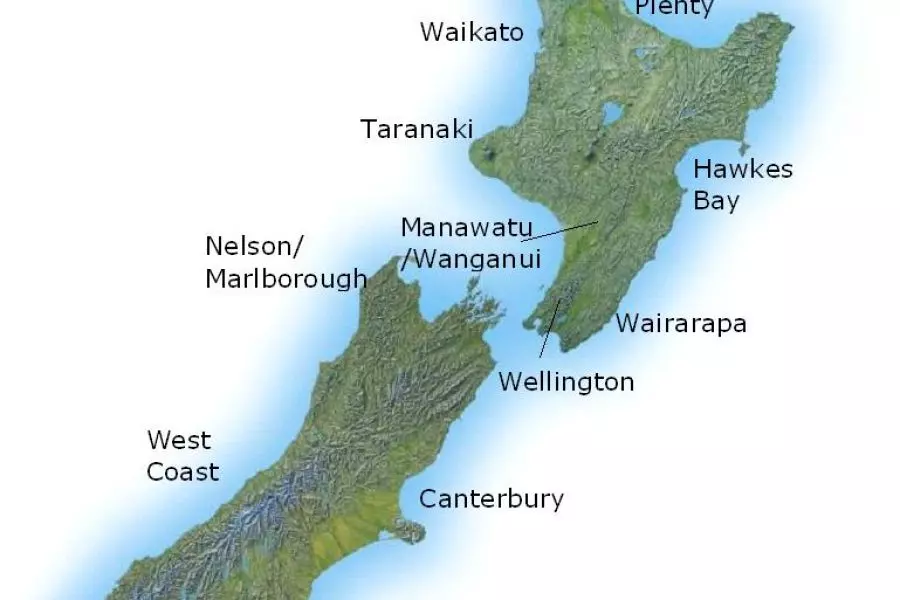News
The lure of the regions

Friday 4th of November 2016
According to realestate.co.nz’s October data, demand for Auckland property has fallen while demand for property in regional markets has soared.
And QV’s October data shows it is no longer...
Want to read the full article?
Click the button below to subscribe and will have unlimited access to full article and all other articles on the site.






![[The Wrap] Bye Bye Bayly](https://goodreturns.publit.io/file/c_fill,w_900,h_600/39f23ac1-f7c7-4854-b700-a150004ebbac.webp)


